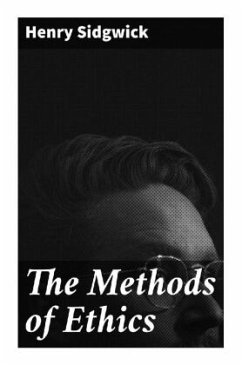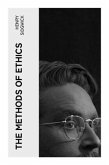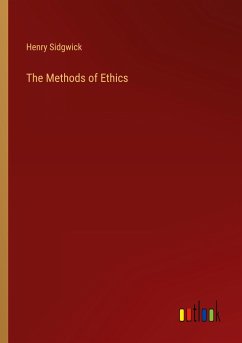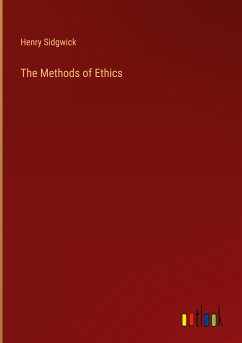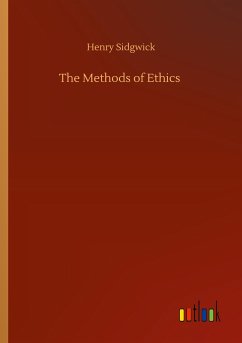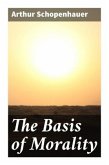In "The Methods of Ethics," Henry Sidgwick presents a rigorous and systematic examination of moral philosophy, synthesizing utilitarianism and individual rights within a broader ethical framework. Through analytical clarity, he delineates the competing methodologies in ethics, highlighting the complexities of moral reasoning. Sidgwick's sophisticated prose invites readers to grapple with perennial questions of duty, virtue, and the role of consequences in moral decision-making, situating his discourse within the Victorian context of burgeoning scientific thought and rational inquiry into human conduct. Henry Sidgwick, a prominent British philosopher and a key figure in the development of modern ethics, was deeply influenced by his scholarly background in classical philosophy and economics. His tenure at Cambridge, coupled with his engagements with contemporaries such as John Stuart Mill, provided him with a robust intellectual foundation. Sidgwick's commitment to moral clarity and his quest for an accessible ethical system led him to articulate the nuances of consequentialist ethics, aiming to rectify the apparent disjunctions within moral philosophy. For scholars, students, and anyone invested in ethical theory, "The Methods of Ethics" offers a profound exploration of the intricate interplay of morality and philosophy. Sidgwick's balanced approach fosters critical thought and self-reflection, making this work indispensable for understanding ethical paradigms that continue to resonate in contemporary discourse.
Bitte wählen Sie Ihr Anliegen aus.
Rechnungen
Retourenschein anfordern
Bestellstatus
Storno

